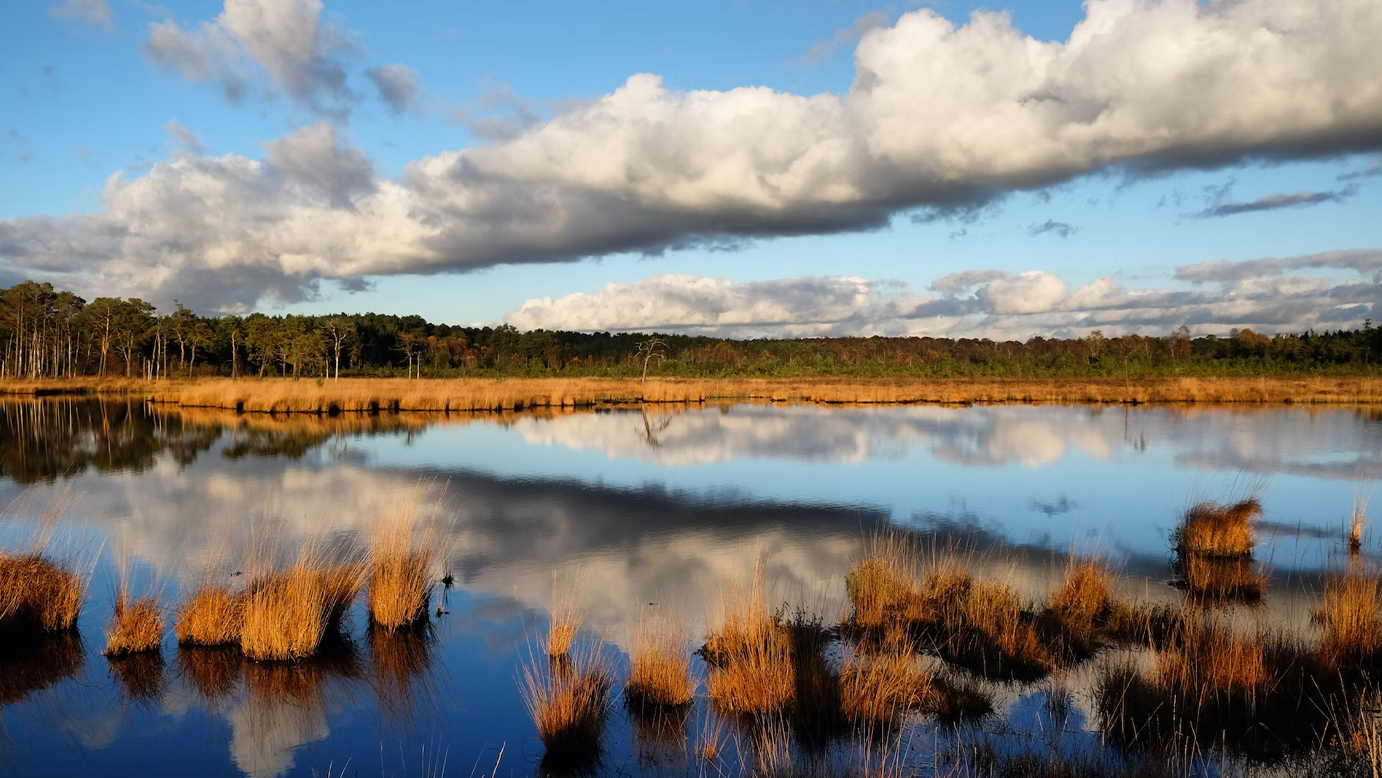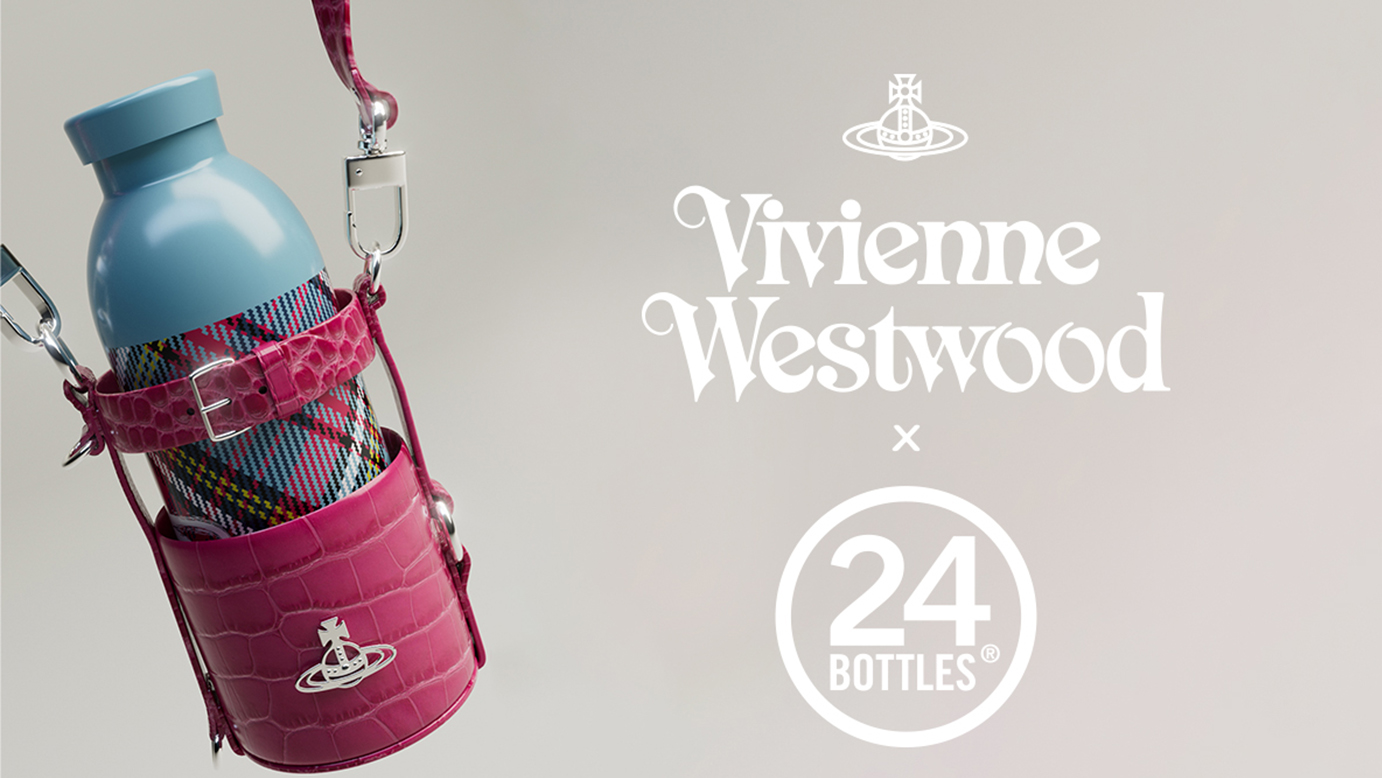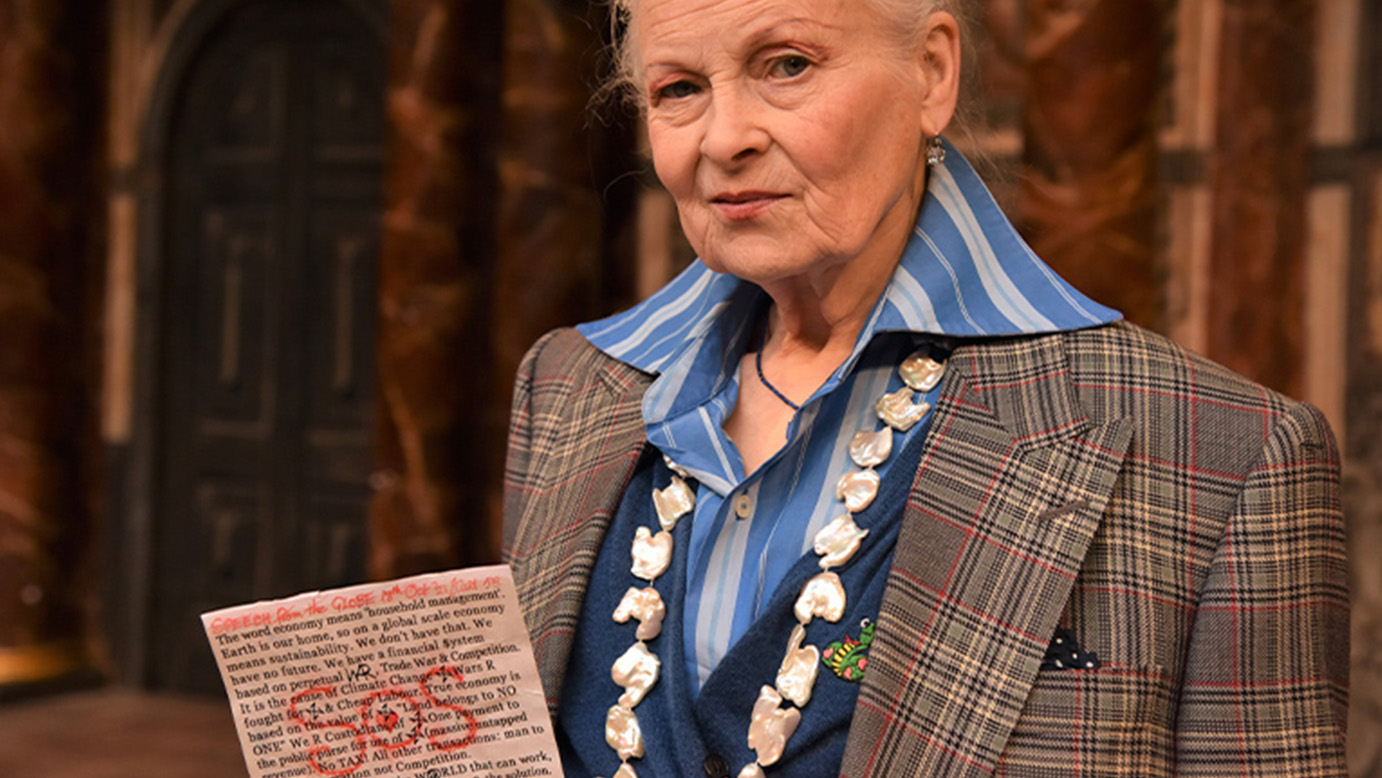
News And Projects
Vivienne Westwood X Canopy
22/04/2020 — Vivienne Westwood
CANOPY COMMITMENT
Sourcing Commitment on Protecting Forests through Fabric Choices
Vivienne Westwood recognises that we can create beautiful clothes while demonstrating a responsible attitude towards people and the planet. As such, the Vivienne Westwood brand supports a future that does not use ancient and endangered forest for dissolving pulp to make man-made cellulosic fabrics and textiles, including but not limited to rayon, viscose, lyocell and modal.
Vivienne Westwood is therefore committed to:
- - Ensure that by 2021 we are not sourcing fabrics made of dissolving pulp from ancient and endangered forests areas such as the Canadian and Russian Boreal Forests; Coastal Temperate Rainforests, tropical forests and peatlands of Indonesia, the Amazon and West Africa, and endangered species habitat, and eventually from all natural forests.
- - Work to eliminate, by 2021, sourcing fabric made from dissolving pulp from companies that are logging forests illegally, from tree plantations established after 1994 through the conversion or simplification of natural forests; or from areas being logged in contravention of indigenous peoples’ rights.
- - Support visionary conservation solutions with Canopy that protect remaining ancient and endangered forests, and reduce the loss of high carbon value forests in the Coastal Temperate Rainforests of Vancouver Island and Great Bear Rainforest , Canada’s Boreal Forests, and Indonesia’s Rainforests
- - Give preference to suppliers that show commitment toward the conservation of endangered forests and species habitat, and that use effective strategies to reduce their greenhouse gas footprint.
- - Request that our suppliers respect the Universal Declaration of Human Rights. To do so, we request that our suppliers acknowledge the right of Indigenous People and rural communities to give or withhold their Free, Prior and Informed Consent (FPIC) before new logging rights are allocated or tree plantations are developed, and resolve conflicts and human rights violations through a transparent and mutually agreeable dispute resolution process.
- - Encourage the development of alternate fibre sources, such as fibre from agricultural residues or recycled fabrics, and collaborate with Canopy and innovative suppliers to advance the development of these fibres.
- - When tree fibre is used, request that fibre for fabric is sourced from forests are from responsibly managed forests, certified to the Forest Stewardship Council (FSC) certification system, and with a preference for FSC certified plantations over natural forests.
Related Articles





